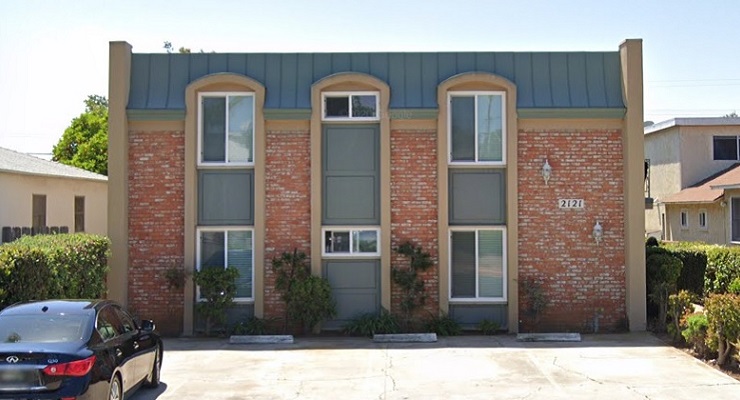 As it has throughout the various incarnations of the pandemic’s end, consumers’ evaluation of the economy improved to a 9-month high, but the overall mood is still a slow roller coaster.
As it has throughout the various incarnations of the pandemic’s end, consumers’ evaluation of the economy improved to a 9-month high, but the overall mood is still a slow roller coaster.
The latest drop in mortgage rates (barring updates from the Fed on Wednesday) may improve activity in the housing market, but performance remains volatile and sluggish, according to a recent report from the California Association of Realtors (CAR).
Ironically, the news that the U.S. economy added far more jobs than expected in January could put pressure on the Fed to keep rates high to ease inflation in a strong labor market.
As the Federal Open Market Committee (FOMC) decided to scale down their latest interest rate hike, it was the smallest of eight consecutive rate hikes, which now ranges from 4.5%-4.75%, and those are the highest since October 2007.
A cut in the rate hike, however, doesn’t mean the end of inflation, the FOMC noted.
The Committee recently warned that, despite recent encouraging developments, inflation remains elevated. They also said that no rate cuts were scheduled if the economy proceeds apace, so consumers are unlikely to see much more of a rate drop this year.
Still, the recent, and very surprising US Job Report saw a 517K new jobs in January, nearly triple the expectation. It was also the biggest gain since July 2022.
The new job numbers were accompanied by an unemployment rate that fell to 3.4%, which represent the lowest jobless rate in 53 years.
As CAR noted, even with a resilient economy and a strong labor market, inflationary pressures continue to persist as hiring continues to expand.
Meanwhile, The Conference Board Consumer Confidence Index® decreased in January, following an upwardly revised increase in December 2022.
According to a recent announcement from The Conference Board, the Index now stands at 107.1 (1985=100), down from 109.0 in December (an upward revision). The Present Situation Index—which is based on consumers’ assessment of current business and labor market conditions—increased to 150.9 (1985=100) from 147.4 last month.
The Expectations Index—which is based on consumers’ short-term outlook for income, business, and labor market conditions—fell to 77.8 (1985=100) from 83.4 partially reversing its December gain. The Expectations Index is below 80 which often signals a recession within the next year. Both the Present Situation and Expectations Indexes were revised up slightly in December.
“Consumer confidence declined in January, but it remains above the level seen last July, lowest in 2022,” said Ataman Ozyildirim, senior director of economics at The Conference Board. “Consumer confidence fell the most for households earning less than $15,000 and for households aged under 35.”
“Consumers’ assessment of present economic and labor market conditions improved at the start of 2023,” he added. “However, the Expectations Index retreated in January reflecting their concerns about the economy over the next six months. Consumers were less upbeat about the short-term outlook for jobs. They also expect business conditions to worsen in the near term.
“Despite that,” he continued, “consumers expect their incomes to remain relatively stable in the months ahead. Meanwhile, purchasing plans for autos and appliances held steady, but fewer consumers are planning to buy a home—new or existing.
“Consumers’ expectations for inflation ticked up slightly from 6.6 percent to 6.8 percent over the next 12 months, but inflation expectations are still down from its peak of 7.9 percent last seen in June,” he concluded.
At the same time, according to the Mortgage Bankers Association’s (MBA) weekly mortgage applications survey, ending January 27, overall applications activity declined 9.0% from the week prior despite mortgage interest rates dropping.
Mortgage activity had picked up as interest rates moved lower, but this weekly survey shows that demand remains volatile. Rates still remain nearly double what they were a year ago, which has severely diminished affordability.
According to CAR, purchase activity is expected to pick up as the spring homebuying season gets underway, and pending sales data through the end of January suggests that closed sales will begin to rise in February.







